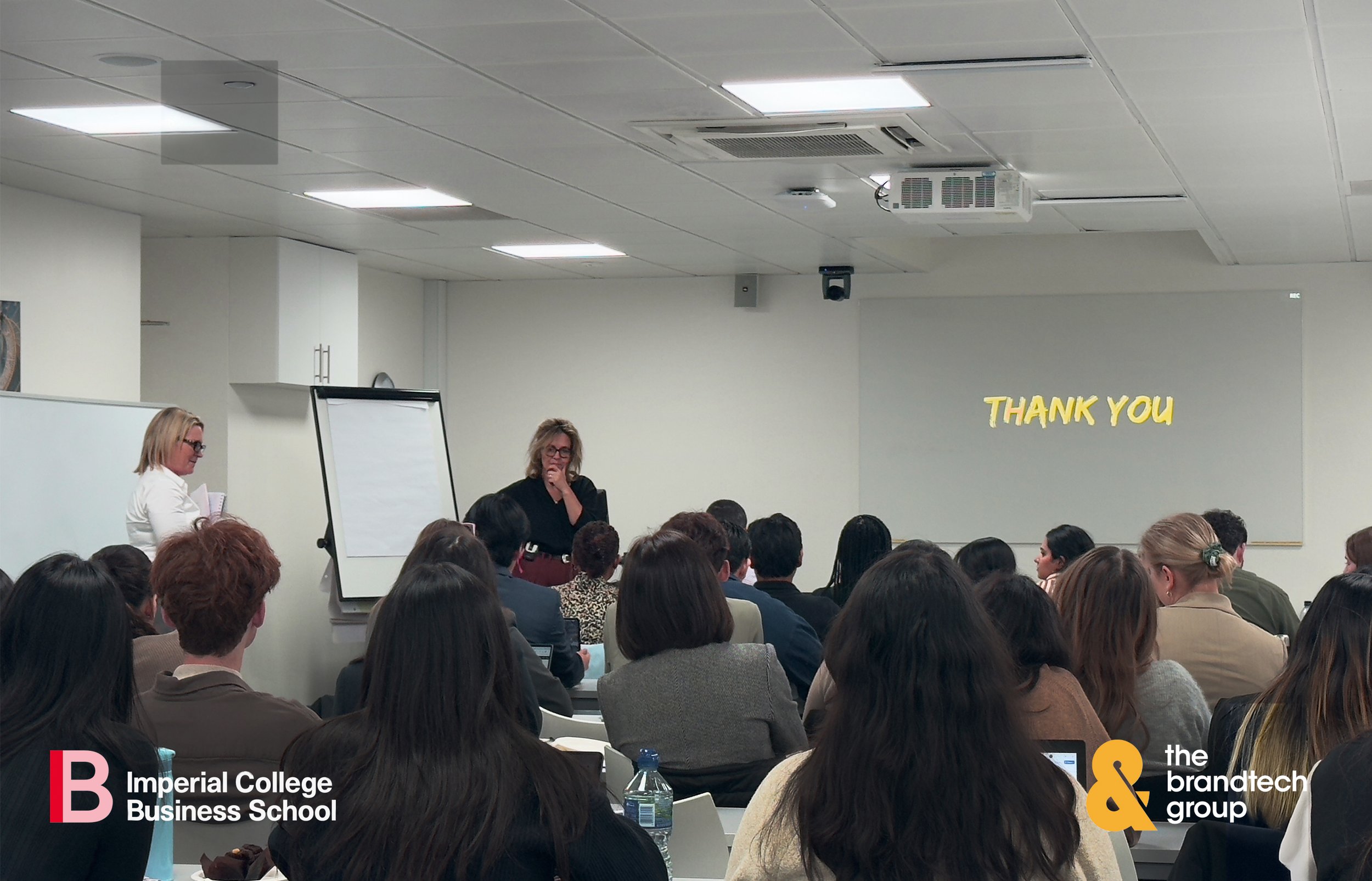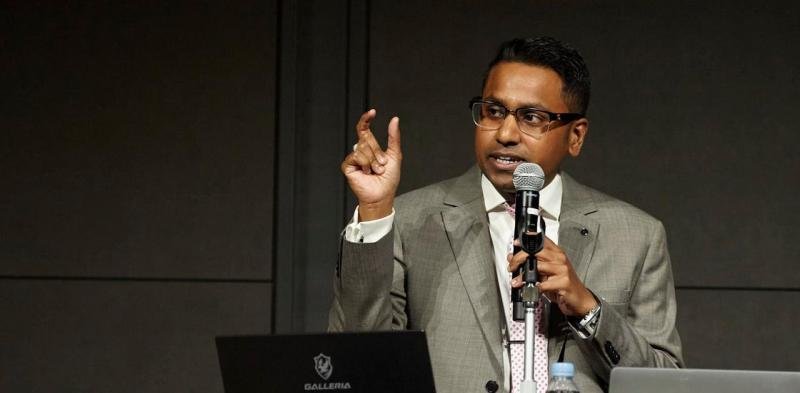APACS partners with Kaplan to provide free graduate test prep for STEM and health students in New York

The Association for Program Administrators of CSTEP and STEP, Inc. (APACS), based in New York, has partnered with Kaplan, a global provider of educational services, to offer free test preparation for graduate-level admissions exams.
Students at 27 institutions across the state will have access to courses for the GRE, GMAT, LSAT, MCAT, and DAT through this initiative, which aims to support careers in STEM, health, and other licensed fields.
Under Kaplan’s All Access License, students will also benefit from courses designed to build technical and soft skills for career readiness. Participating schools include Fordham University, Binghamton University, the City College of New York, and Stony Brook University.
Renaldo D. Alba, EdD, APACS President and co-director of STEP/CSTEP Programs at Fordham University, described the partnership’s impact:
“We’re incredibly excited about providing this transformative experience to so many of our students. Much more than just providing standardized test preparation, Kaplan’s All Access License represents a holistic approach to boost student success by increasing matriculation to graduate and professional schools and increasing licensure passage rates, while also making students more career-ready for STEM, health, and other licensed fields. We see this as a model partnership and real game changer in higher education.”
The program responds to rising demand for STEM professionals in New York. According to a report from New York City’s Economic Development Corporation, STEM jobs increased by 67% between 2011 and 2022, with average salaries of $193,000, far exceeding the private-sector average.
Kimberly Canning, vice president of university partnerships at Kaplan, highlighted the broader goals of the initiative:
“By partnering with APACS, Kaplan is proud to be doing our part to help aspiring STEM professionals across New York State get that much closer to achieving their education and career goals. We know that diverse experiences can drive innovation and growth. And as educators, we know it's critical that prospective employers strongly consider the limitless potential that underrepresented groups offer for closing the STEM skills gap. Together, we’re going to help make this happen.”




















